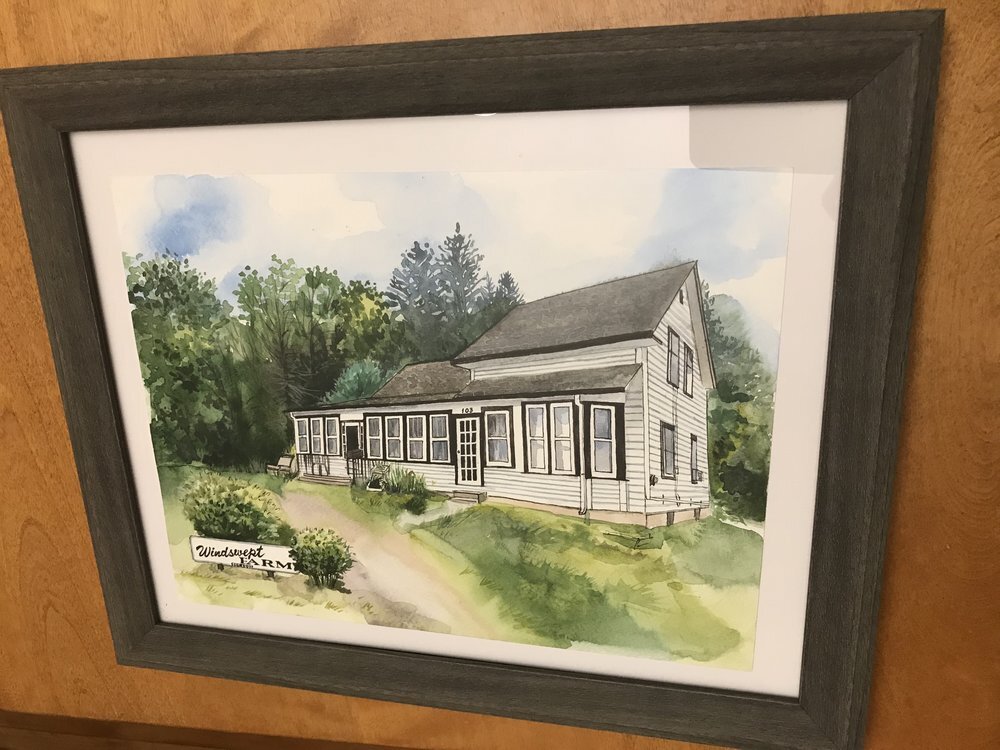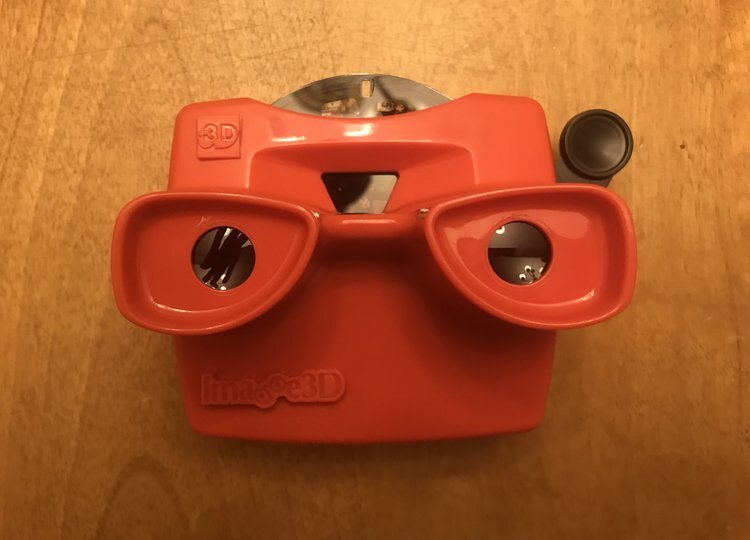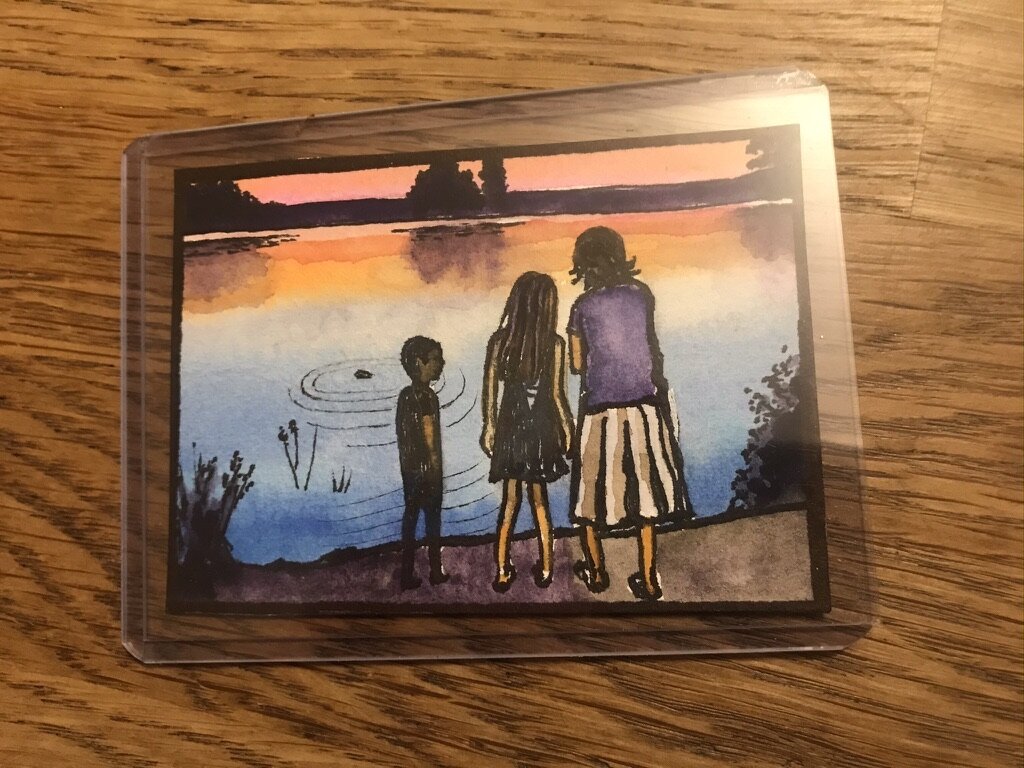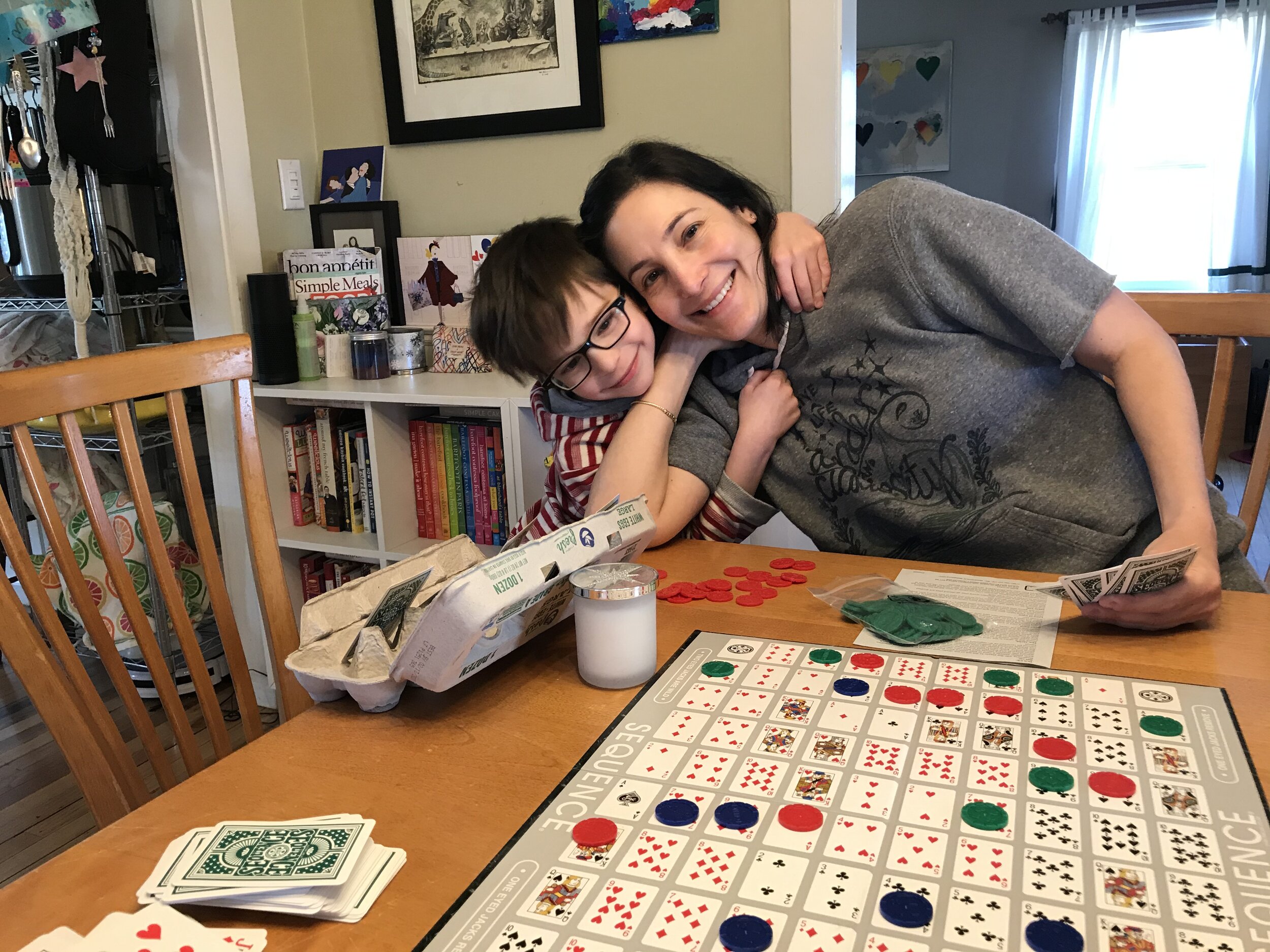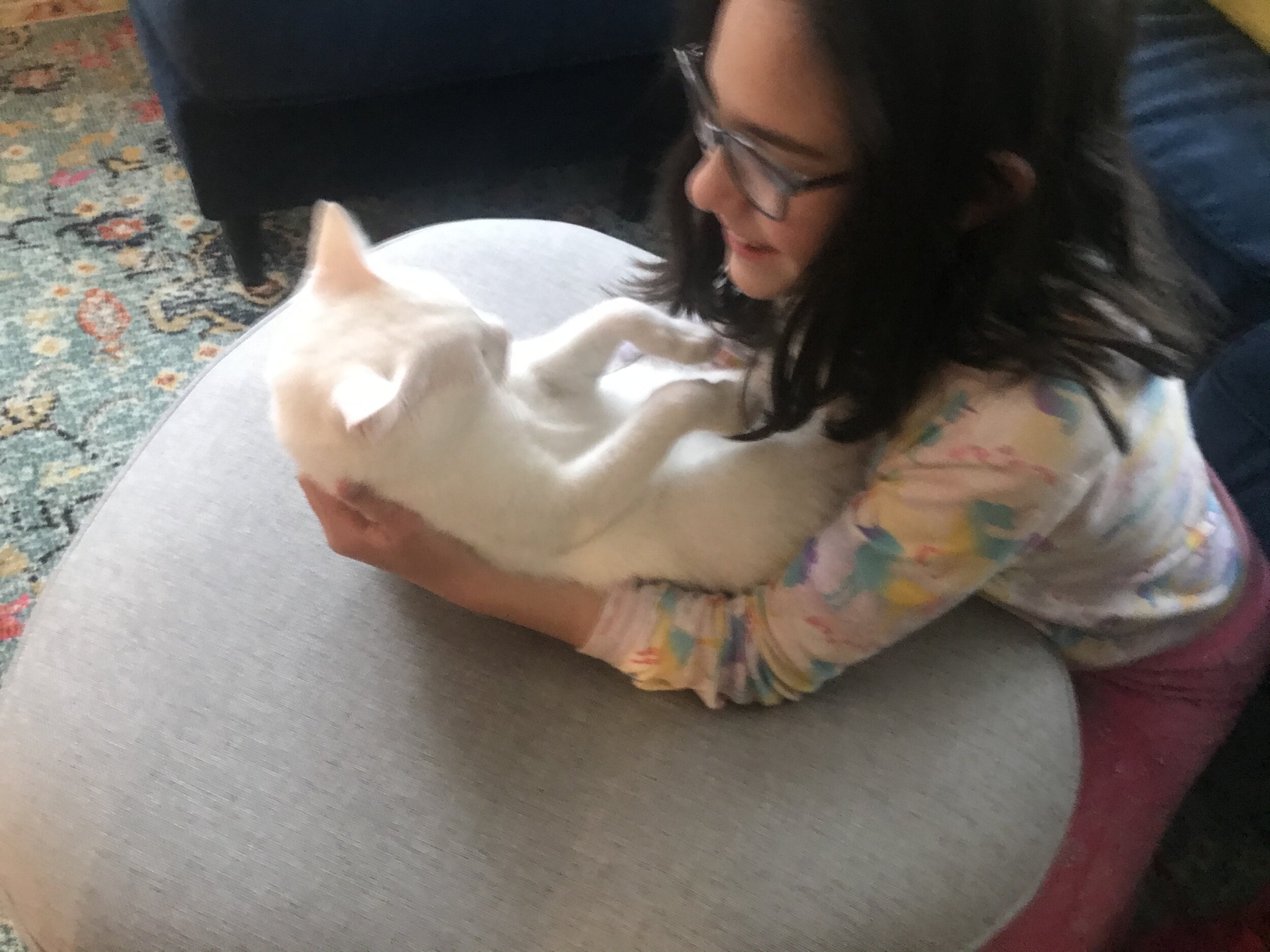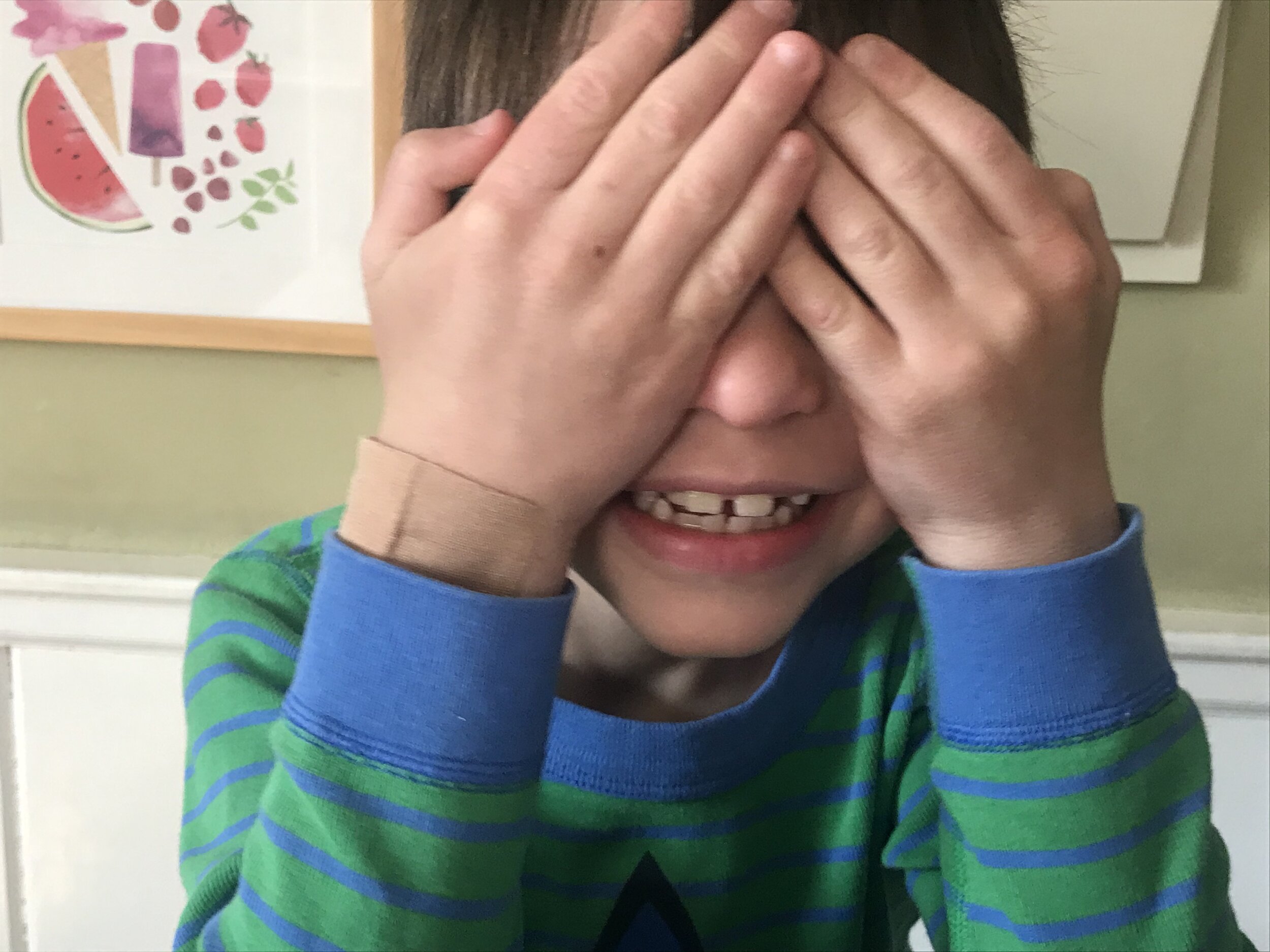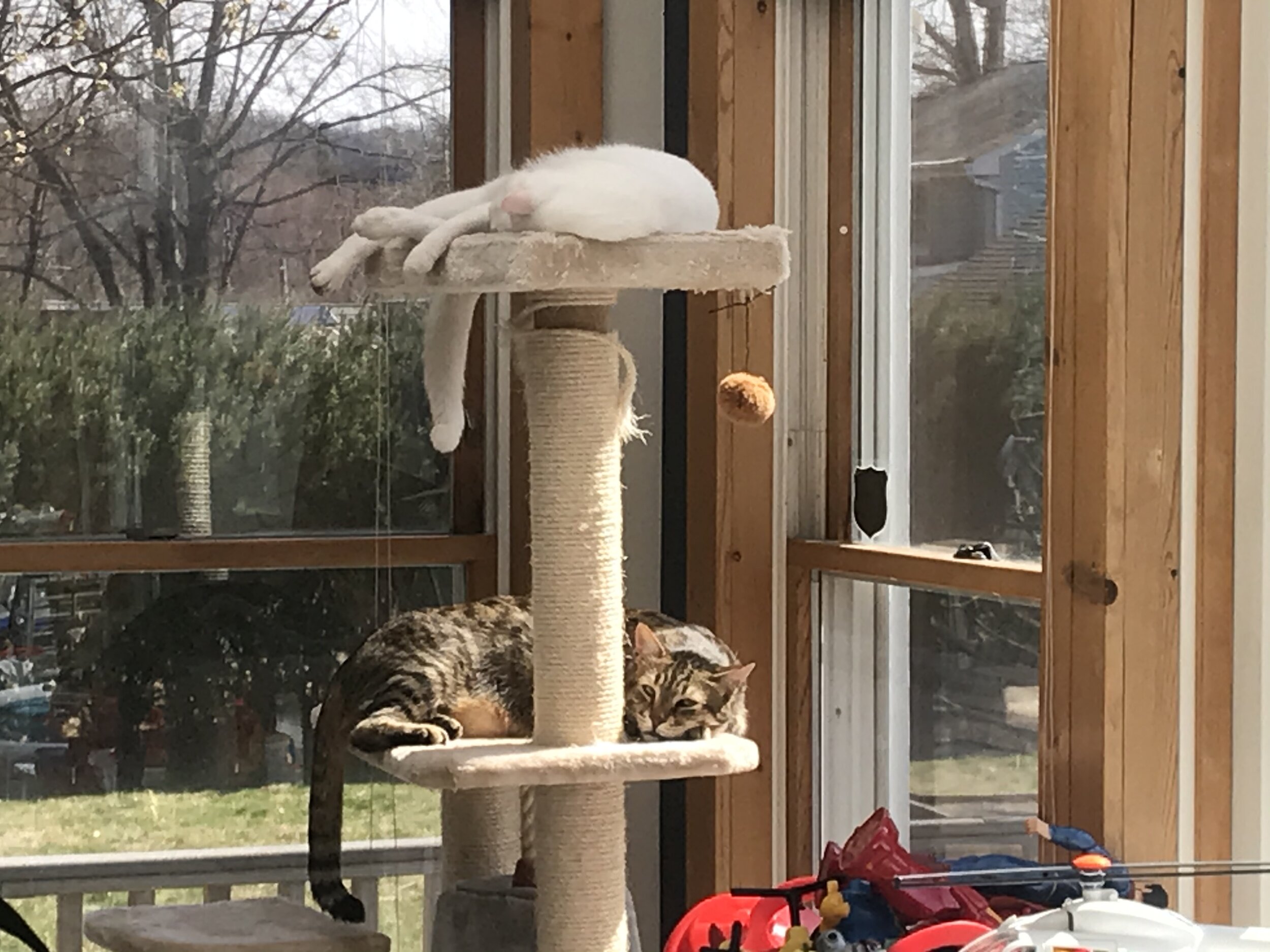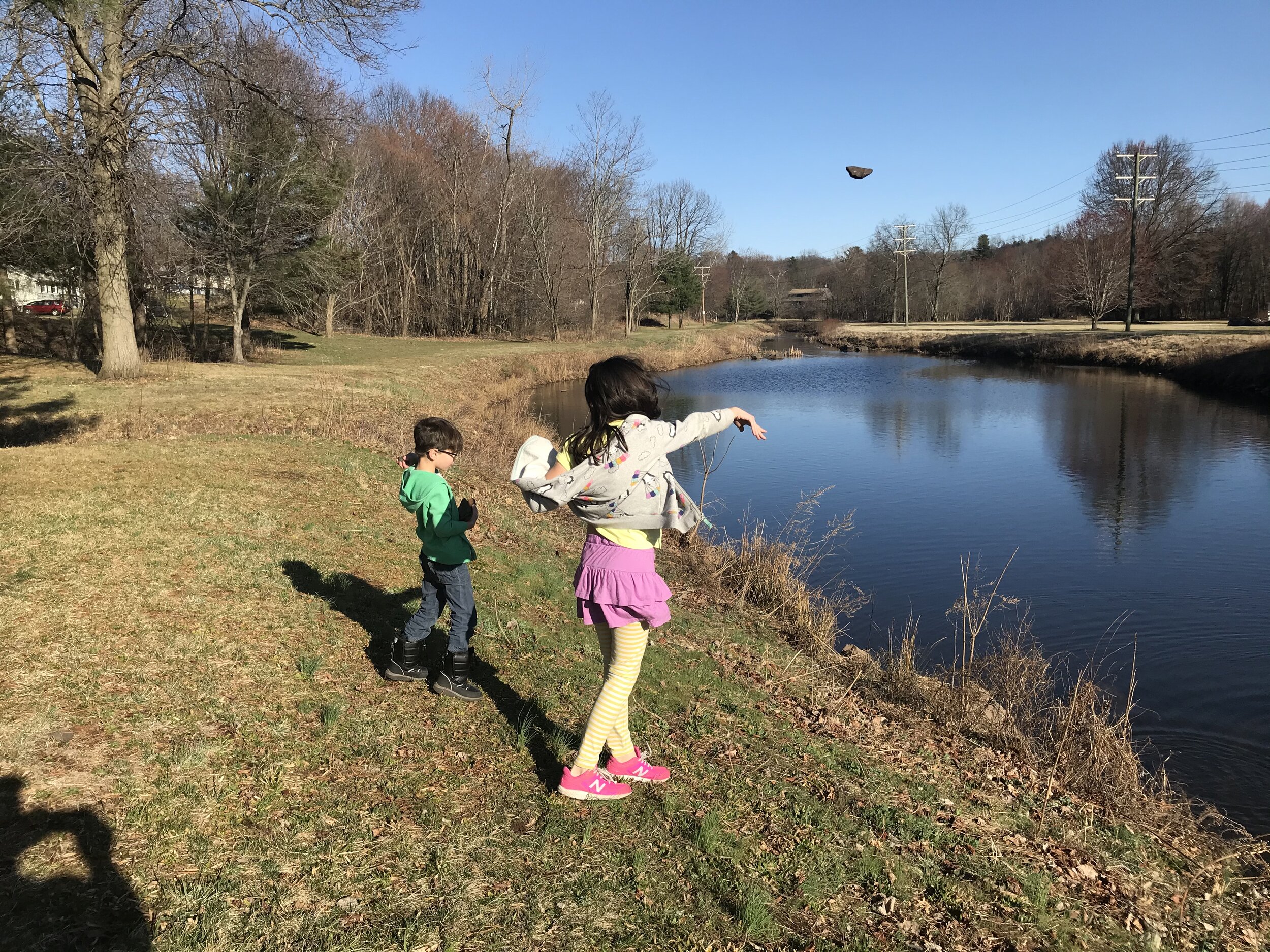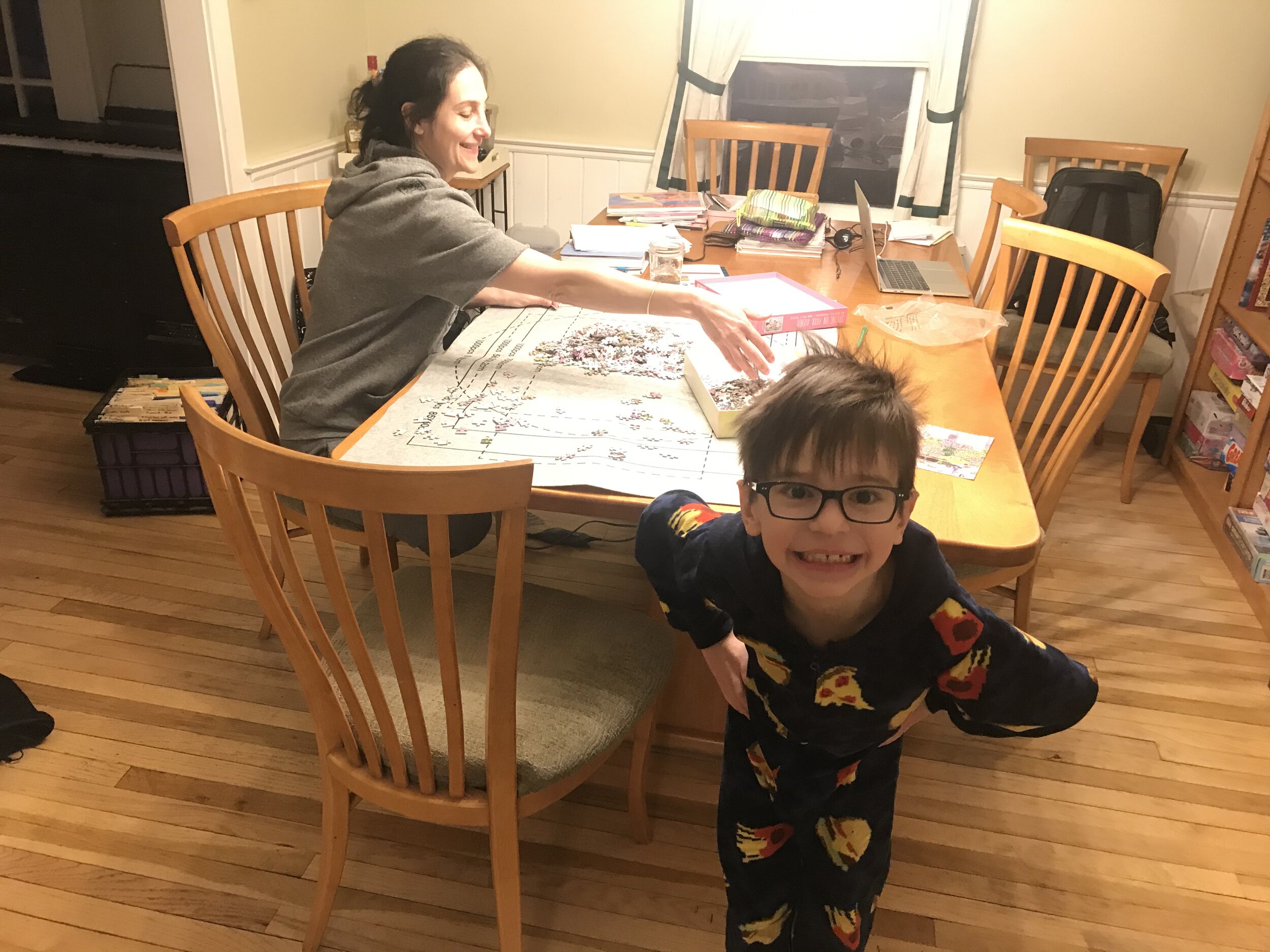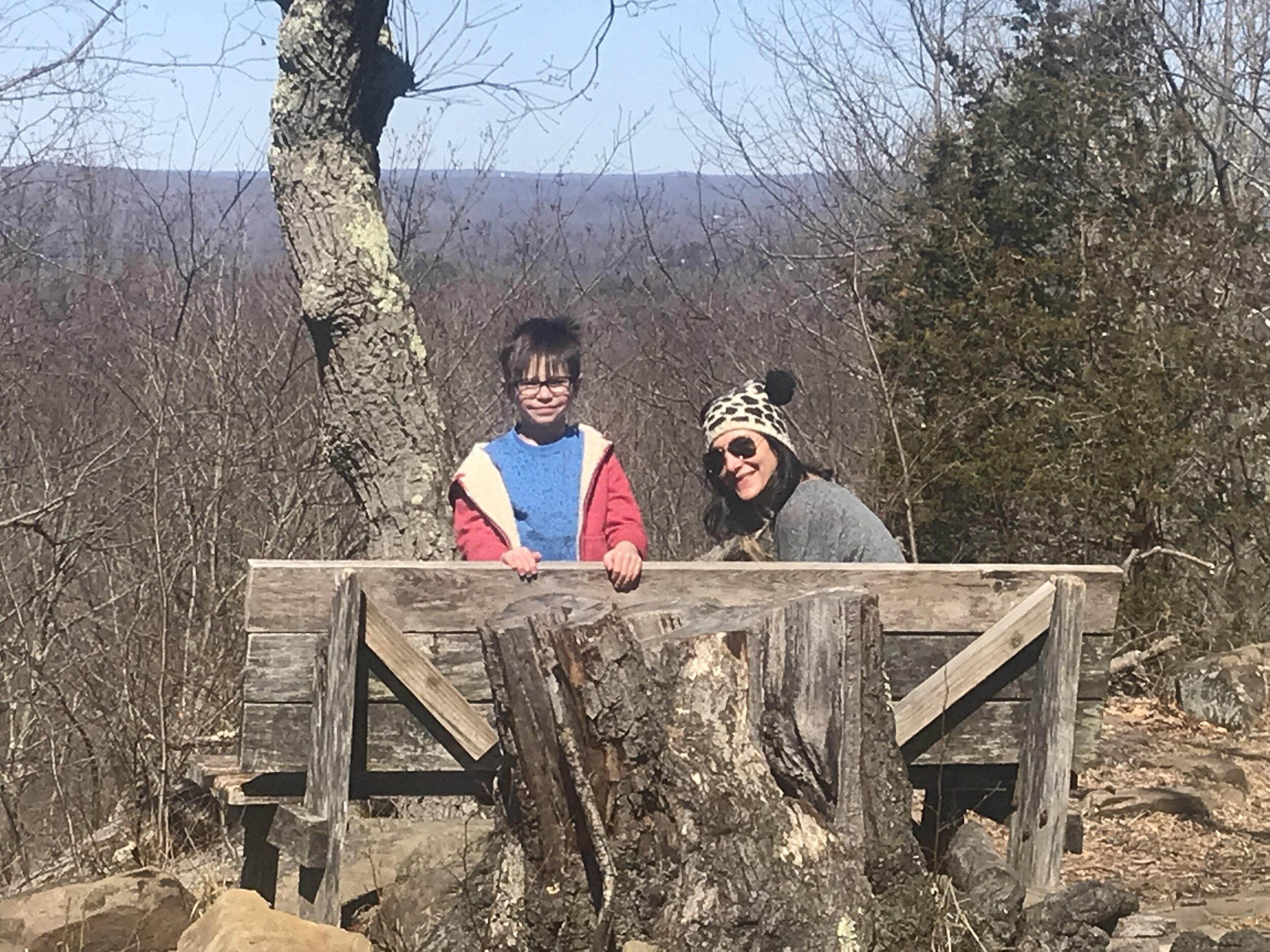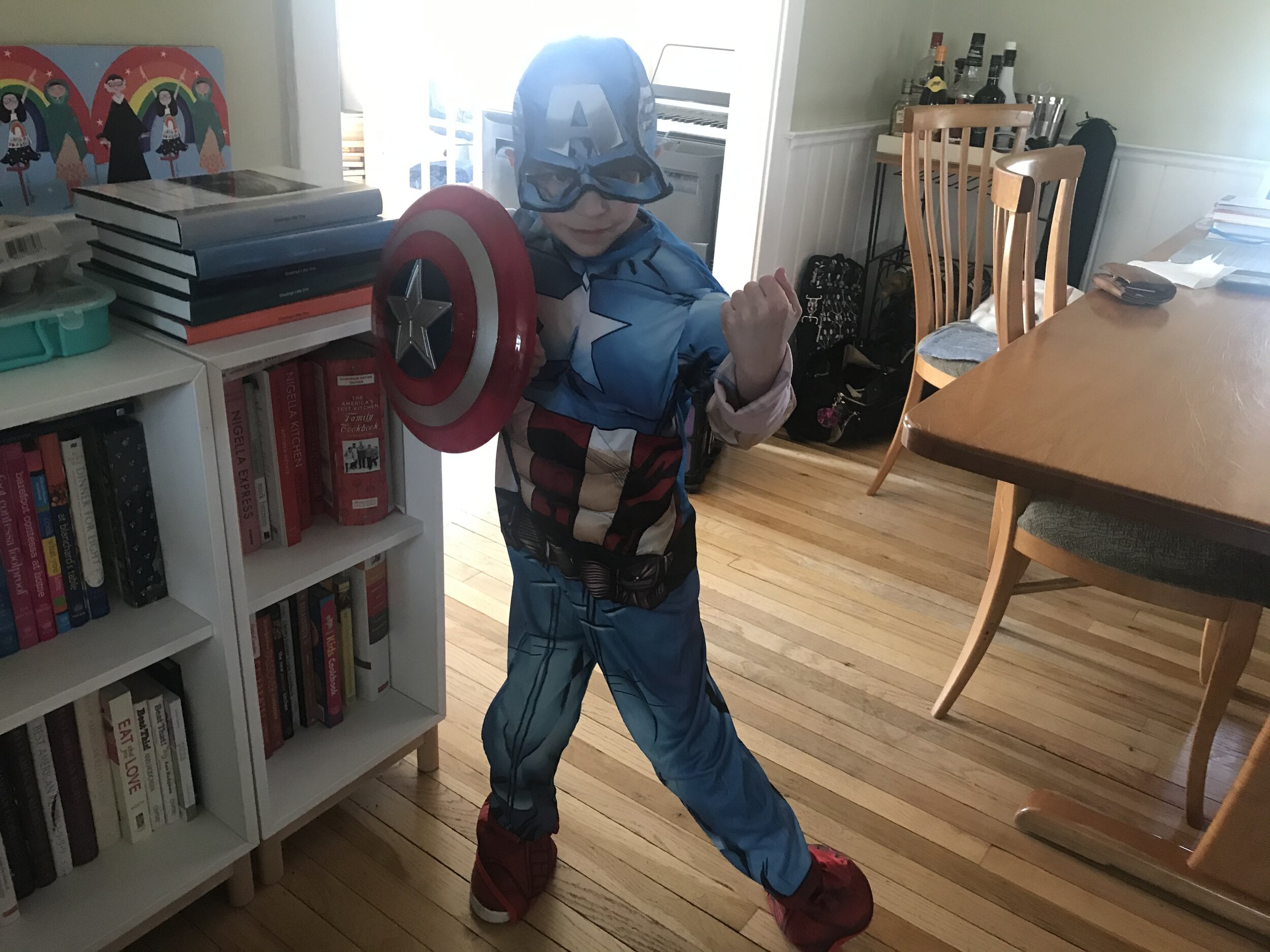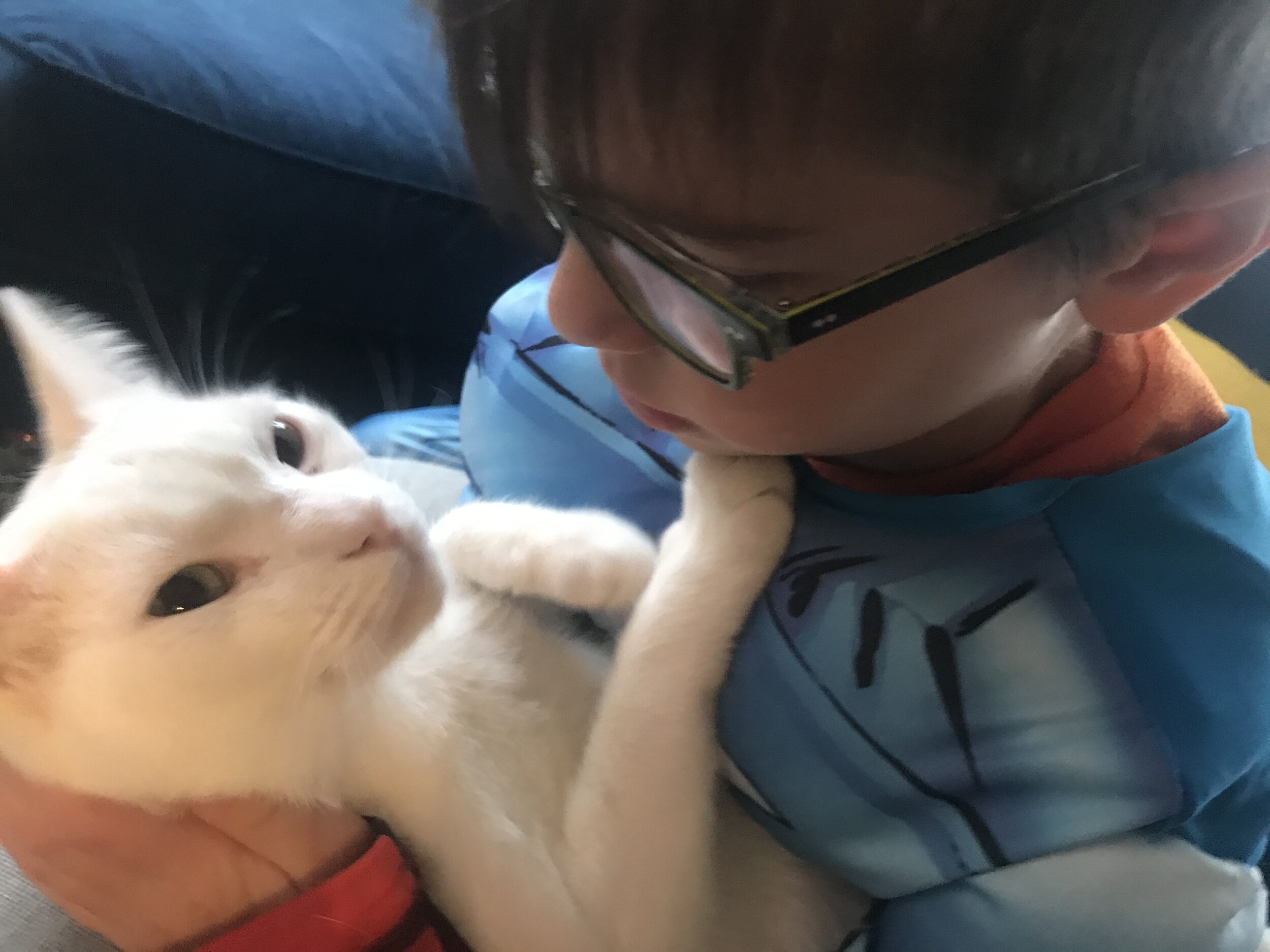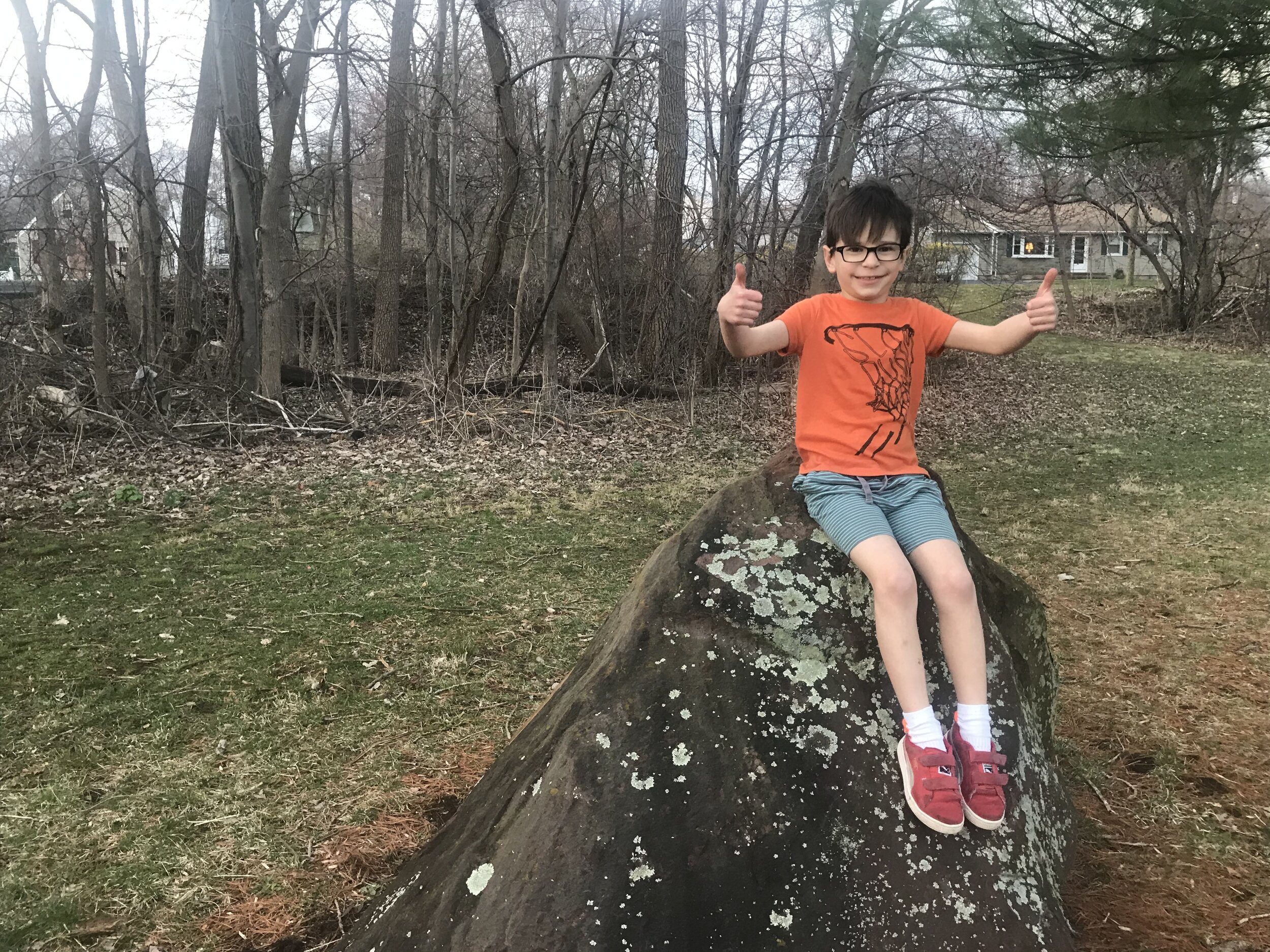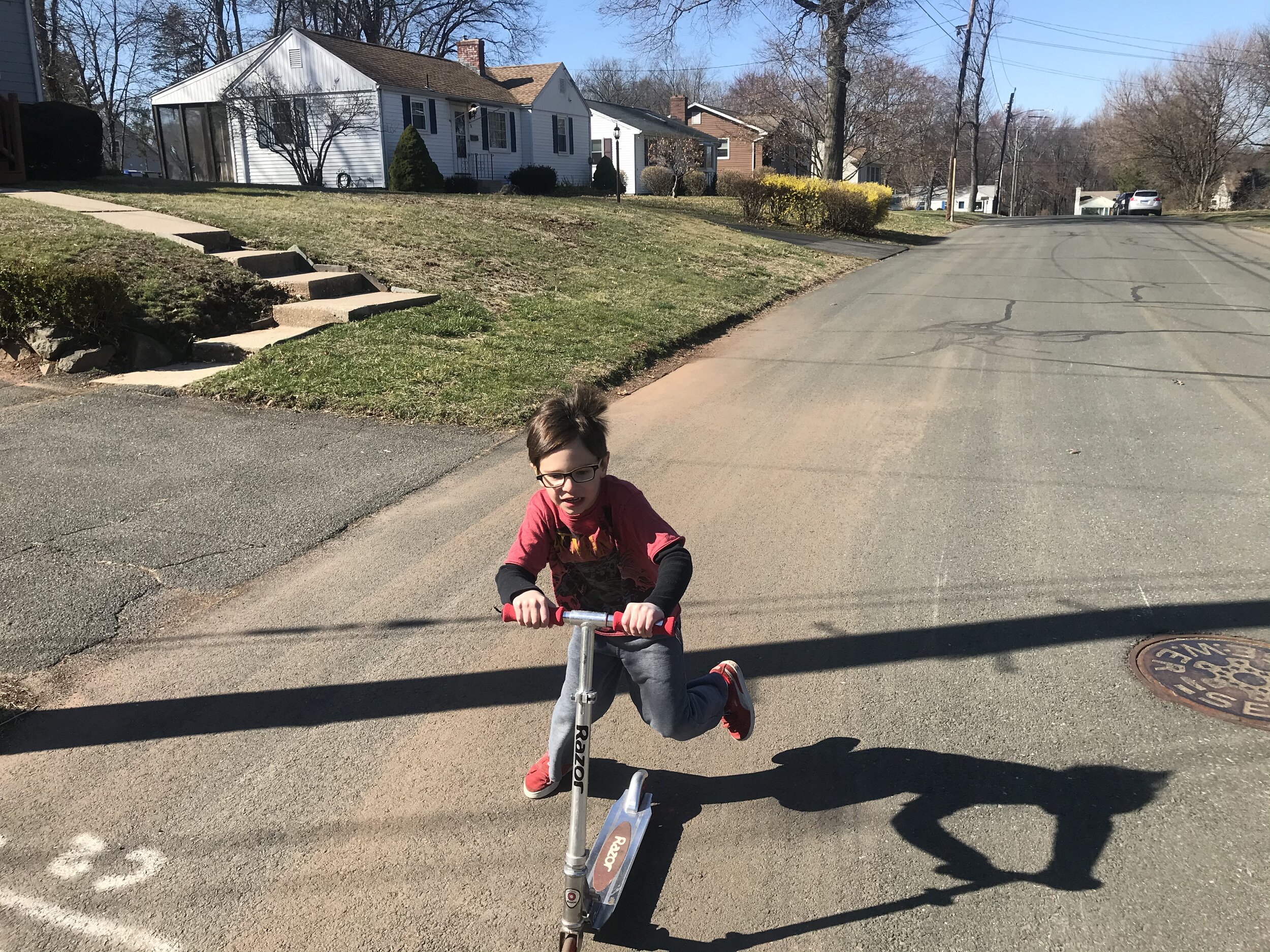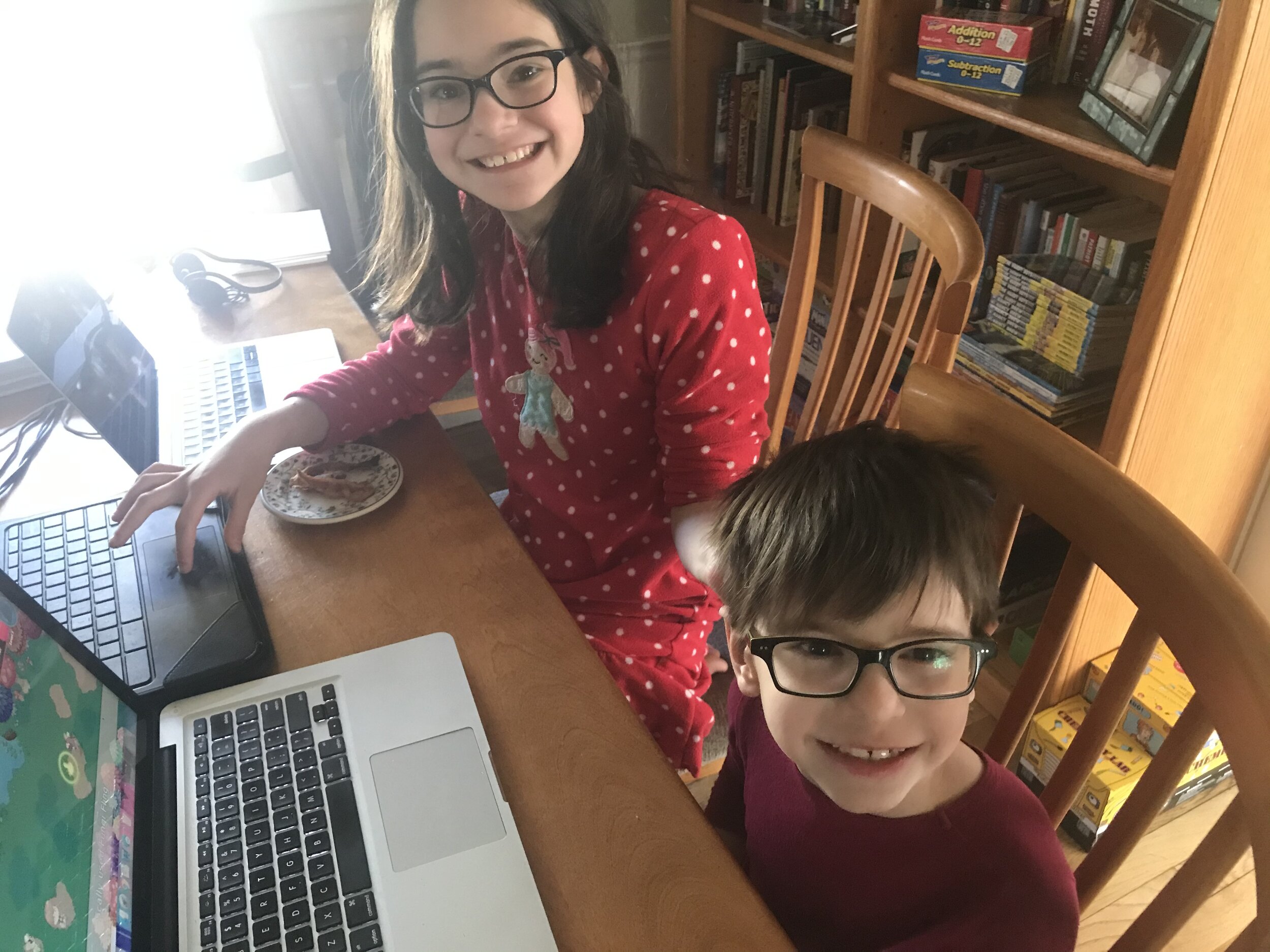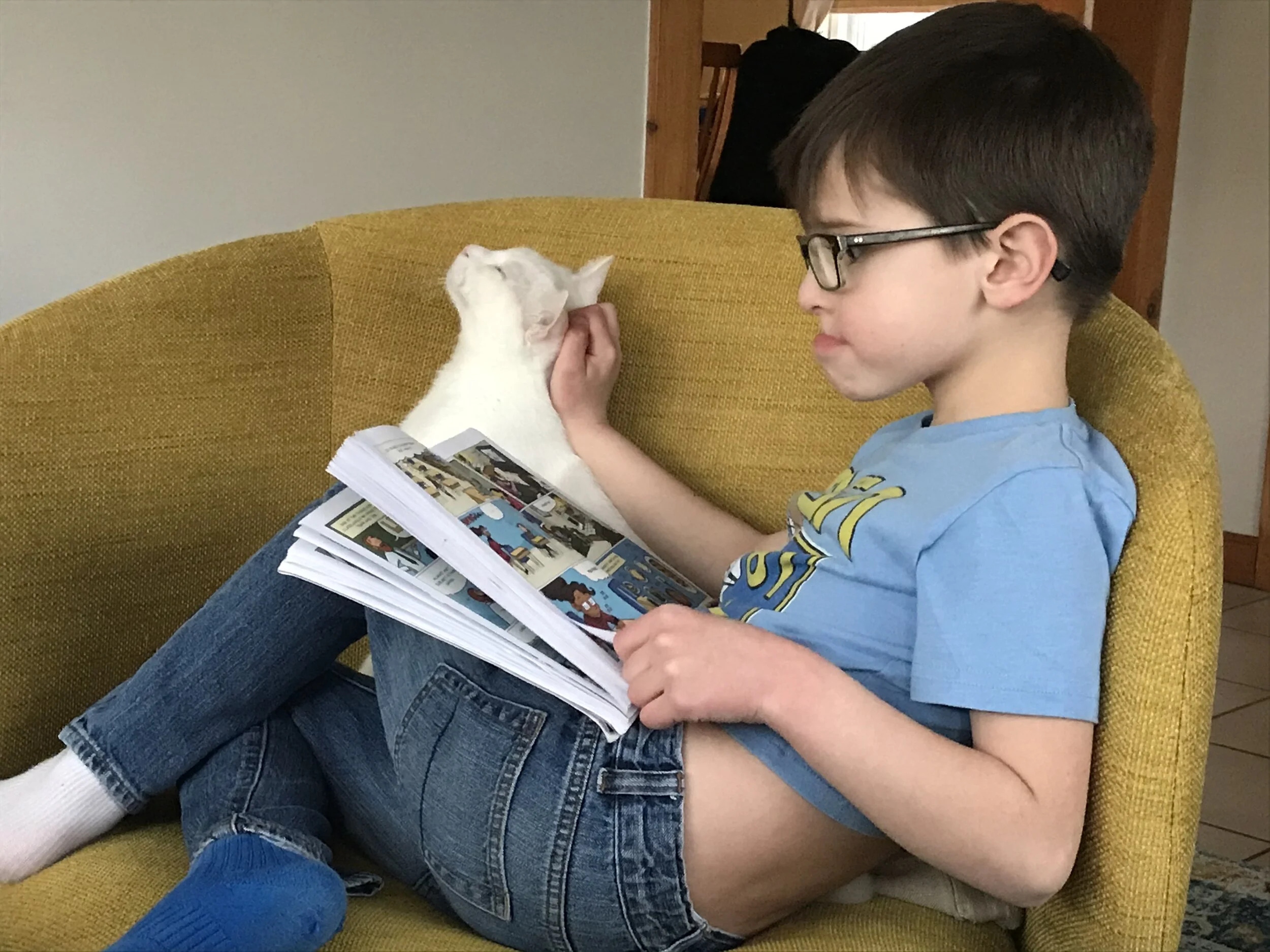The Four Best Gifts
/I celebrated my birthday last month.
It feels like one thousand years ago given the current state of the world.
I can be a difficult person when it comes to presents. I am much more interested in eliminating things from my life than adding to it. The accumulation of stuff does not interest me. In fact, if someone would just agree to clear out the the extra furniture from my basement or the toys that my kids don’t touch but claim to adore, that might be the best birthday gift of all.
But if you’re already planning for my 2021 birthday and cleaning out my basement doesn't strike you as a reasonable gift, there are options. In the past, I’ve claimed that there are three categories of gifts above all other that I want more than anything else, but recently, I’ve added a fourth category, and I humbly suggest that you consider them as gift ideas for yourself as well.
I promise you that they are far superior to any cashmere sweater, shiny trinket, or electronic gadget that you think you may want.
Time
The best gift of all is the gift of time, and it's not a terribly difficult or expensive gift to give. In the past, my wife has hired people to cut the grass, rake the leaves, and shovel the driveway, thus returning this precious time to me.
Remove an hour of obligation from my life, and I am a happy man.
Other options include things like babysitting my children, digitizing my photo albums, bringing my car to the shop to get that lock on the back door repaired, determining the contents of the boxes in my attic, correcting my spelling tests for a month, or offering to complete any task or chore that I would otherwise be forced to do myself.
Your list would be different, of course Hopefully it doesn't include a broken lock or mystery boxes in your attic. But I'm sure you can think of things that you would rather not do that a friend or family member is more than capable of accomplishing on your behalf.
I know this sounds crazy to some people. They say things to me like:
"Matt, I'd rather mow my own grass and receive that cashmere sweater."
"I'd rather correct a mountain of spelling tests and unwrap a brand new iPad on my birthday."
"I'm more than happy to shovel my driveway. Give me that new Fitbit/star finder/water purification device that I have wanted for months."
I'm sorry, but you're wrong. I know it may seem presumptuous to tell you what you want, but trust me. The difference between what you want and what you think you want could not be more different.
I promise you that when you are lying on your death bed, surrounded by all of your material possessions - your stuff - your greatest regret will be the time you could've spent doing things. Seeing people. Experiencing the world. At that moment, the gift of time will mean more to you than anything else.
It should mean just as much today. Don't wait until it's too late to appreciate it.
Also, it’s very unlikely that you need any more clothing or jewelry or electronics. You could do without the device that clips to your belt or fastens to your handlebars or makes imaginary things explode when you click the right combination of buttons.
The thing you should crave - more than anything else - is time.
Knowledge
Coming in a close second to time (and in many ways its first cousin) is the gift of knowledge. Find a way to teach me to do something that I’ve always wanted to do but haven’t been able to learn.
Either teach me yourself or find someone who can do it for you.
We all go through life wishing that we could do more. Accomplish more. Achieve more. This is a gift that would allow a person to take one small step closer to those dreams.
For me, it's meant sending my wife to a cooking or art class. Hiring her a ukulele teacher.
For my wife, it's meant buying me an hour with a professional poker player or an afternoon with a golf instructor.
In these instances, we walk away with nothing material but something far more valuable:
The gift of knowledge. The acquisition of a skill. A slight improvement in an area that means a great deal to us.
Far more valuable than a pretty scarf or a new doodad.
In case you're thinking of giving me a birthday gift next year, here is the list of things I want to currently learn:
Play the piano
Hit my driver longer and more consistently
Improve the sound quality and consistency of my podcast recordings
Use online educational resources like Prodigy and Freckle more effectively
Design my YouTube channel and maximize all of the features available to me
Experience
This one is simple and spoken about often. Want to make me happy? Send me to a Broadway show. Get me tickets to a Yankees game. Bring me to see a comedian who I love.
This year, Elysha gave me an overnight adventure at the Mystic Aquarium. Sadly, that adventure needed to be cancelled because of the pandemic, but when this time passes and life returns to normal, we will reschedule my evening amongst the fishes and family, and I’m quite sure it will be unforgettable.
Certainly better than a stupid watch or a new phone or a new coat.
It doesn’t take much to create a memorable and unique experience for a person. You won’t have anything to show for the experience once it’s done except the memories of the moment, but that is always better than the stuff that clutters our homes.
Studies repeatedly show that money spent on experiences generates far greater happiness than money spent on things. But we know this already.
Right?
An afternoon spent biking with your kids or a weekend with your friends at the beach or an evening spent sitting beside your wife at a concert are always better than the thing inside the box with the bow.
We’re fools if we think otherwise.
Nostalgia
This is new to my list, but it should’ve been included for a long, long time. In some ways, it’s also a close cousin to the gift of time because it amounts to the past presented in a new and interesting way. A return or a resurrection of days gone by. A dip into the waters of your youth.
Last year, my workplace birthday buddy surprised me with a lunch with former colleague who retired a couple years ago. For an hour in the middle of my school day, I was able to take a step back in time when my friend was still working alongside me. We ate, talked, and reminisced about the multitude of moments we spent together.
It was my best workplace lunch ever. One of the best gifts that I’ve ever received.
Elysha has been giving me the gift of nostalgia for years, commissioning artists to paint images of the map of my Boy Scout camp, my childhood home, my grandparent’s home, and my dog. A couple Christmases ago she gave me a Viewmaster Viewer, loaded with images of our family.
These are some of the best gifts that I have ever received. Important places and things reimagined and returned to my life, complete with the memories and joy that they once contained.
This year, my workplace birthday buddy surprised me with paintings of two photos that I had posted online earlier that summer. Small, artistic representations of moments that I remember so well.
An incredible and perfect gift. One that I will treasure for all my days.
Each time I look at these bits from the past, I am transported back to those days, and I’m reminded of all the happiness and goodness that accompanied these places and people.
These gift, particularly now in those upside down world, have been so important to me. Reminders of what once was and what will someday be again.
